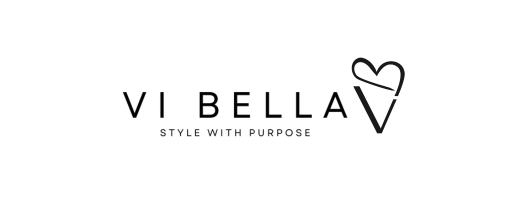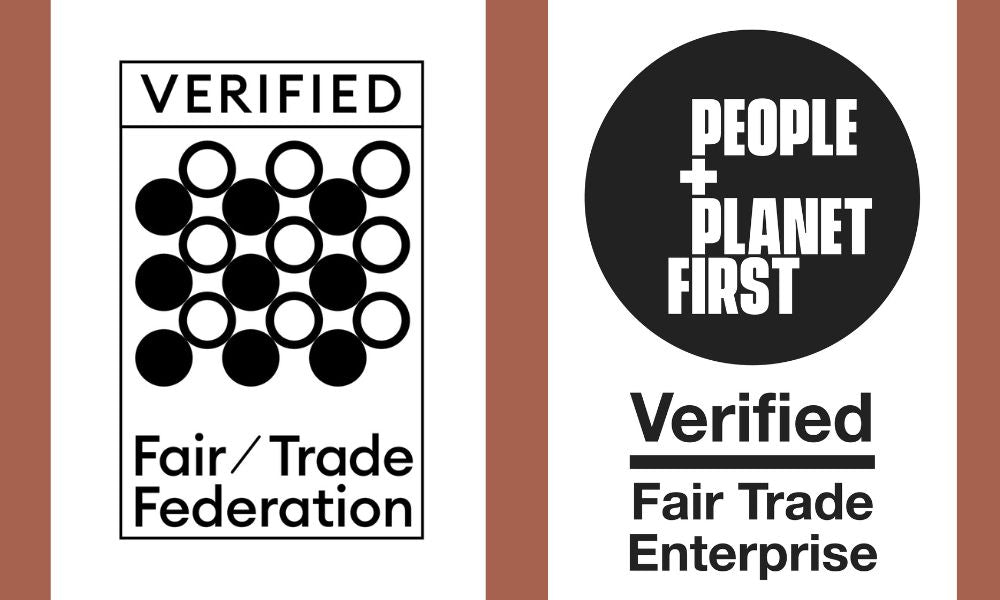The fashion industry touches every life in some way or another and it goes even beyond the clothing we wear. It touches the lives of the farmers who grow the cotton, the woman who sews a t-shirt or bag, even to the people who wear products second hand. Because fashion has such a great impact, there is great potential for it to have a positive influence on the lives of those who create, grow, sew, wear, or sell clothing. The reality of the fashion industry is quite the opposite. As consumers, it can be difficult to understand the impact that our clothing actually has on people around the globe.
The fashion industry is wasteful from the initial phases of production to the end of a garments life cycle. It is the second largest pollutant in the world, coming in second to the oil industry. The fashion industry is “responsible for producing 20% of global wastewater and 10% of global carbon emissions” according to the United Nations Economic Commission for Europe. There are rivers in Asia that are known to be dyed the “color of the year.” These dyes can kill rivers ecosystems and can create unsafe and unhealthy drinking water for communities around dye factories.
The fashion industry is also a monumental contributor to landfills. In 2014, Americans threw away over 10 million tons of used clothing, many of which were man-made fibers that will take years to decompose. A pair of nylon tights in the landfill will be around much longer than you or I will.
Fast fashion has led to the exploitation of workers across the globe. In order for brands to bring low cost items to consumers, pressure is put on factories and farmers to cut prices. Many factories cut corners and exploit workers to ensure that the factory can compete with others in the industry. Many workers in clothing manufacturing are forced to work up to 96 hours per week in unsafe working conditions and are paid well below the minimum wage. Some factories use forced labor or child labor to keep prices unrealistically low. Accidents are common and labor laws are either not in place to protect workers or are loosely enforced, putting the employees' lives at risk.
These are global issues, impacting a wide variety of communities and nations. We have even seen instances of worker exploitation in the US. In 2016, garment workers in LA were making far below the minimum wage. Many of these workers are women who have immigrated from other countries and were the sole income earner for their household. Making less than the minimum wage made paying rent, buying food, and supporting children nearly, if not completely impossible. Many are not familiar with U.S. labor laws and fear retribution if they come forward to say anything.. These issues can no longer be out of sight, out of mind. It is going to take a global effort to make changes.
When I explain to people what I do and why I do it, one thing I hear a lot is “The problem is so overwhelming, I don’t even know where to start.” You might be asking yourself, “What can I do to make an impact?”
Be conscious about where your clothing and accessories are made and make informed decisions about where you shop. Even making small changes can have an impact. Here are 3 things to consider when you shop:
- Take the #30wears challenge from Eco-Age and think about if you can wear something 30 times before you purchase it. Ask yourself, “Will this product last? Will it still be on trend months or years down the line?” If not, leave it on the rack.
- Research and shop with brands that share where their products are made. There are so many great brands who are creating opportunities to shop ethically and sustainably. Vi Bella was created to provide employment and we are proud to know where our products are made and by whom. Other favorite brands of ours are Elegantees and GOEX Print and Apparel. Do your research and shop with brands who have a story you are proud to share.
- Purchase products that are made out of recycled or upcycled materials. The way we upcycle and recycle at Vi Bella is through reusing bottles and paper. Our Spring 2019 line featured the Evelyn Necklace, which was made out of recycled paper, and the Kira Necklace, which is made with recycled plastic bottle beads. We have some great new products coming out in the fall featuring recycled polyester. Keep an eye out for those!
While none of these steps will change things overnight, they do help contribute. As Anne-Marie Bonneau, the zero-waste chef said “We don't need a handful of people doing zero waste perfectly. We need millions of people doing it imperfectly.” The same goes for the fashion industry. We don’t need one person only buying ethically produced clothing, we need millions of people trying their best to make small changes that will ultimately make a big change. It is going to take a global team effort to change the state of the fashion industry, but we have to start somewhere. Join the movement and start today!
-Elizabeth Davelaar


